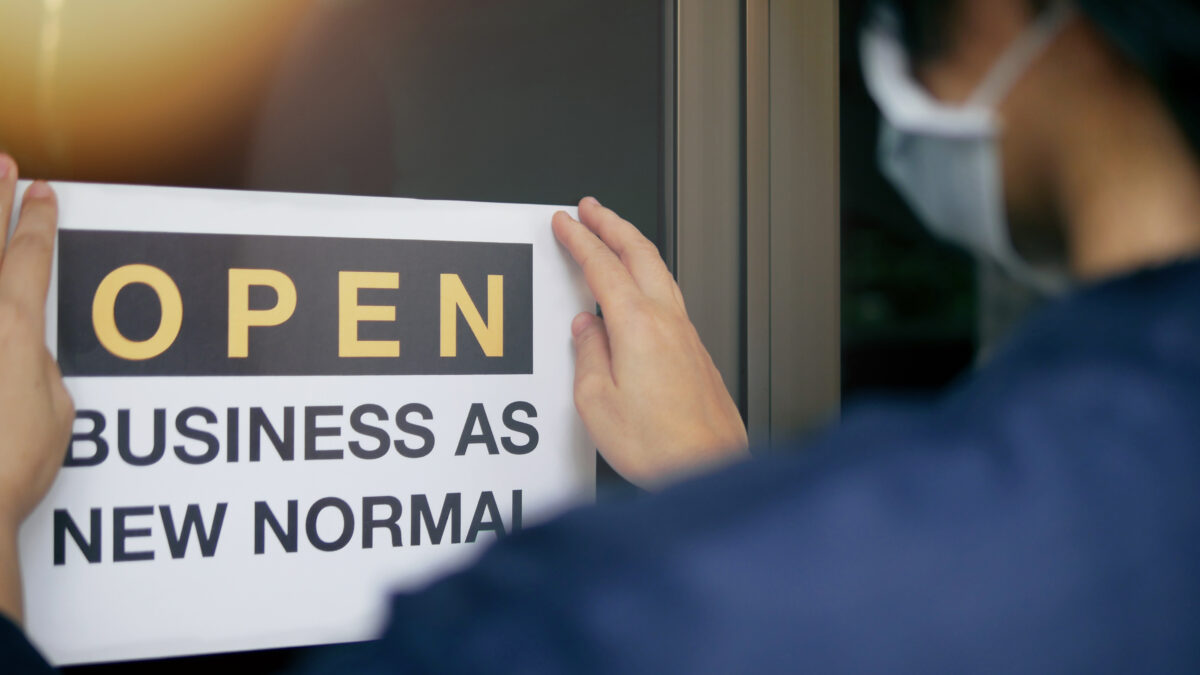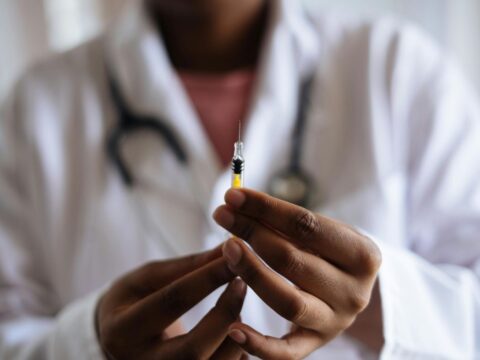COVID-19: Reopening to a New Normal
Although March and April seemed to stretch on forever, Spring has surreptitiously blossomed into Summer, and for many of us, it feels like our economic and social worlds are in step with the flora and fauna – coming back to life. Though the COVID-19 pandemic is far from over, the economic and psychological impacts of quarantine life have persuaded many businesses and consumers to cautiously begin resuming pre-pandemic activities. With varied guidelines on what’s safe and what isn’t, however, businesses across industries need to understand consumers’ expectations and concerns, and how their re-engagement will be impacted.
To that end, MRI-Simmons initiated a COVID-19 tracking study in April, dedicated to measuring Americans’ pandemic-related attitudes and behaviors. With our second wave of data from May now released, we examine Americans’ shifting views on life during the pandemic and their expectations for the immediate future. What’s more, our ability to fuse tracker data to our national studies gives us the key to explore COVID-related attitudes and behaviors among specific consumer groups.
With various local governments deciding to phase back non-essential economic activity in May and June, it seems reasonable to expect Americans are feeling calmer and less concerned about the pandemic. Tracker data, however, tells us that’s not the case.
One of the greatest changes seen in this wave of data is the growing imbalance between two behavioral segments, defined by how respondents expect to carry on after the pandemic passes. The “Live and Learn” group expects they’ll take more caution in what they do and how they do it, while the “Bounce Back” segment says they’ll return to life as they knew it. Since April, the “Live and Learn” segment grew from a slight 55% majority to an overwhelming 7 in 10 (69%) Americans. Even the majority of Generation Z adults age 18-24 (61%) say they’ll behave more cautiously after the pandemic ends.
With more people expecting to act more cautiously, it makes sense that more people are also feeling uneasy. The “Nervous” attitudinal segment, who feel their world is forever altered, grew four percentage points since April to 39%. Our fused data confirms that some people are simply hard-wired to worry more (the “Nervous” segment has higher levels of anxiety and depression), and though current events are unlikely to alter a person’s underlying temperament, we still see a small migration of people who formerly felt more “Accepting.”
Re-opening the country in the midst of a pandemic seems a bit ironic, but understandable when we consider the economic and psychological tolls. 64% of Americans feel the country is financially worse off now than it was a year ago, and the “Nervous” (75%) and “Live and Learn” (69%) segments are even more likely to sense an economic decline. Looking at mental health, half of Americans say that social distancing is making them depressed – up six percentage points since April. Among Generation Z, the bleakness of social isolation is even more palpable (57%).
Given the social and economically dependent nature of our society, it’s not a question of if the country will re-open, but more importantly when and how? The answer isn’t clear-cut, and it depends on who you ask and which types of activities you ask about.
We asked respondents what needs to happen for them to resume activities they may have stopped doing during the pandemic, ranging from everyday practices like going to the gym or out to eat, to those that require more planning – taking a cruise, going to a sporting event, or traveling within or outside the U.S.
With longer days, warmer temps, and what seems like ages since a night out, it makes sense that Americans are most ready and willing to head back to restaurants. Among the 87% who look forward to dining out, the top green light signal they need is simply an open door (31%), followed by clearance from health professionals (26%).
Other activities consumers are most ready and willing to return to are regular doctor and dentist visits (86%), going shopping or to the mall (79%), and traveling within the U.S. (76%). As with restaurants, these businesses will see the biggest jump in business from opening doors and getting clearance from trusted health professionals.
For potentially crowded activities like going to a sports event, concert, or amusement park, crowds will be slower to return. A vaccine is ranked as the most important signal people need to come back to these venues, and the same goes for travel: internationally, by plane, or on a cruise. Among the growing Live & Learn segment, a vaccine is a stronger impetus than open doors for even the lowest-hanging activities like restaurants, shopping malls, and domestic travel.
Given that experts estimate at least 12-18 months for a vaccine to be widely available, it seems that we won’t be “Bouncing Back” any time soon, but rather charting a new and potentially better path -- 75% of Americans agree we can make a better world in the aftermath.
To that end, our data can help businesses themselves ease customer concerns. Respondents told us which practices will make them feel comfortable when returning to their favorite venues, and we found that it varies by place and consumer group. Fine dining restaurants will want to know that big spenders most appreciate spaced out tables (56%) and fewer people (55%), but don’t feel as concerned about face masks (24%) or contactless payment (31%). Likewise, fitness centers and gyms can benefit from knowing regular gym-goers want equipment to be sanitized between every visitor (53%) but spacing out members is less important (35%).
Best practices will evolve and vary by industry, location, and consumer group. Luckily, our flexible data can be customized to focus on unique targets to give businesses the insights they need to stay afloat as we navigate our way to a new normal.
For additional insights, download our newly published report COVID-19: Considerations for Reopening America.
NOTE: The May COVID tracking study included 5,000 nationally representative respondents and was fielded between May 12 and 19, 2020.



